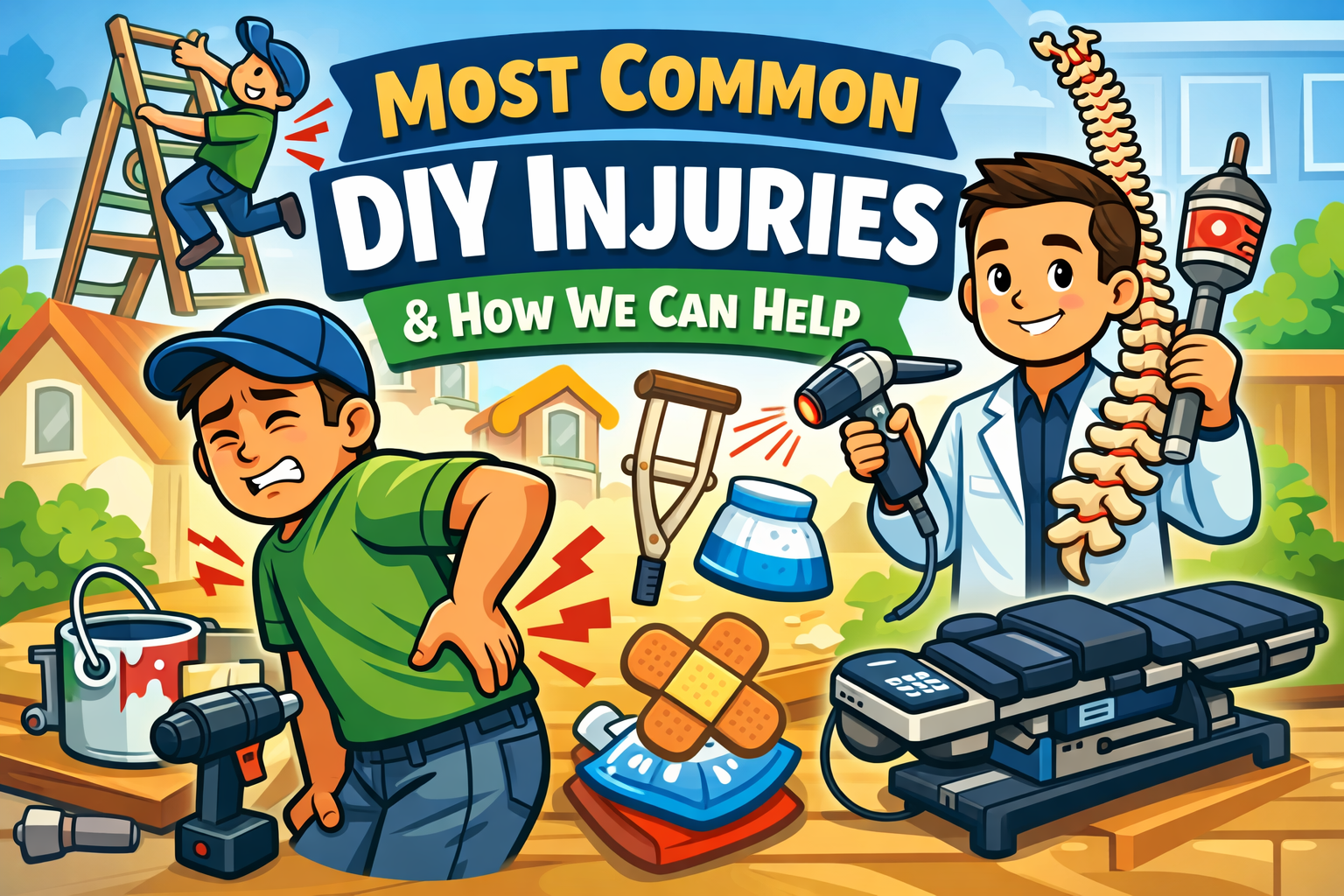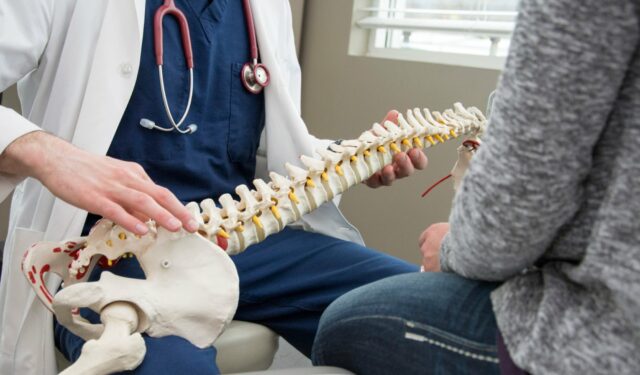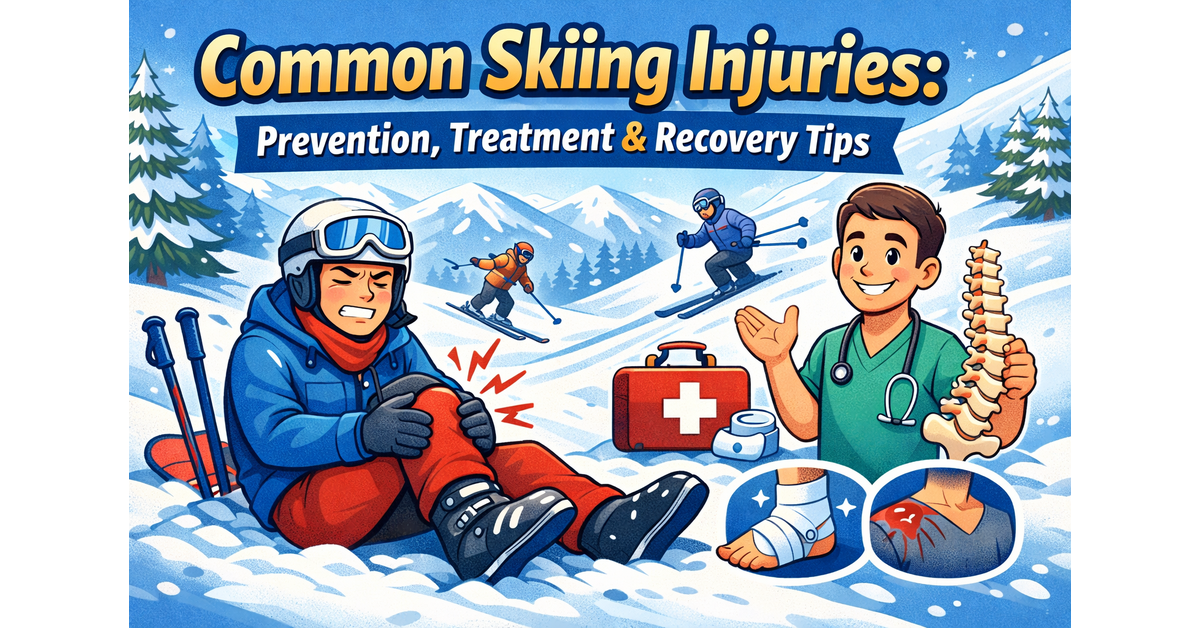What is a ‘Herniated Disc’?
Over time, repetitive bending, twisting, lifting, and poor posture (especially sitting for long periods) can weaken the outer layer of a disc. When this happens, the nucleus can push through the annulus — this is called a disc herniation.
The leaked material may press on nearby nerves, causing:
You can also experience pain from disc damage without any nerve pressure or herniation.
How Common Are Disc Injuries?
Disc herniations are less common than people think.
Only around 3–5% of back pain cases seen by doctors are due to a herniated disc.
Most back pain is actually caused by muscles, joints, or ligaments.
Herniated discs most often affect people between ages 30 to 50. Despite the seriousness, most don’t require surgery — only a small number of cases do.
Symptoms to Watch For
Common disc-related symptoms may include:
Persistent lower back pain
Pain that travels down the leg or arm
Numbness or tingling in limbs
Muscle weakness
Pain that worsens with sitting, coughing or bending
Seek urgent medical help if you experience:
Loss of bladder or bowel control
Numbness around the genitals or inner thighs (“saddle” area)
These may be signs of cauda equina syndrome, a rare but serious emergency.
Preventing Disc Injuries
To reduce strain on your discs:
Avoid prolonged sitting, bending or twisting
Use proper lifting techniques
Strengthen your core and back muscles
Take regular breaks from sitting or driving
Stop smoking – it weakens spinal structures
Certain factors increase your risk:
Chiropractic Treatment for Disc Injuries
Chiropractors can effectively treat many disc-related issues. Research shows that spinal manipulation offers relief for many people with disc herniations and sciatica.
At our clinic, we use:
Hands-on adjustments to reduce joint stiffness and relieve pressure
A personalised rehab program to build strength and prevent recurrence
IDD Therapy – a targeted non-invasive treatment for disc injuries
So, the good news is that it is not always necessary to remove the disc herniation by surgery! If you are interested in research read this.
Recovery Time
Healing time varies based on the severity of the disc injury and how well you follow your treatment plan. Your chiropractor will explain how often you’ll need treatment and what to expect.
Active involvement in exercises and home care will speed up recovery.



